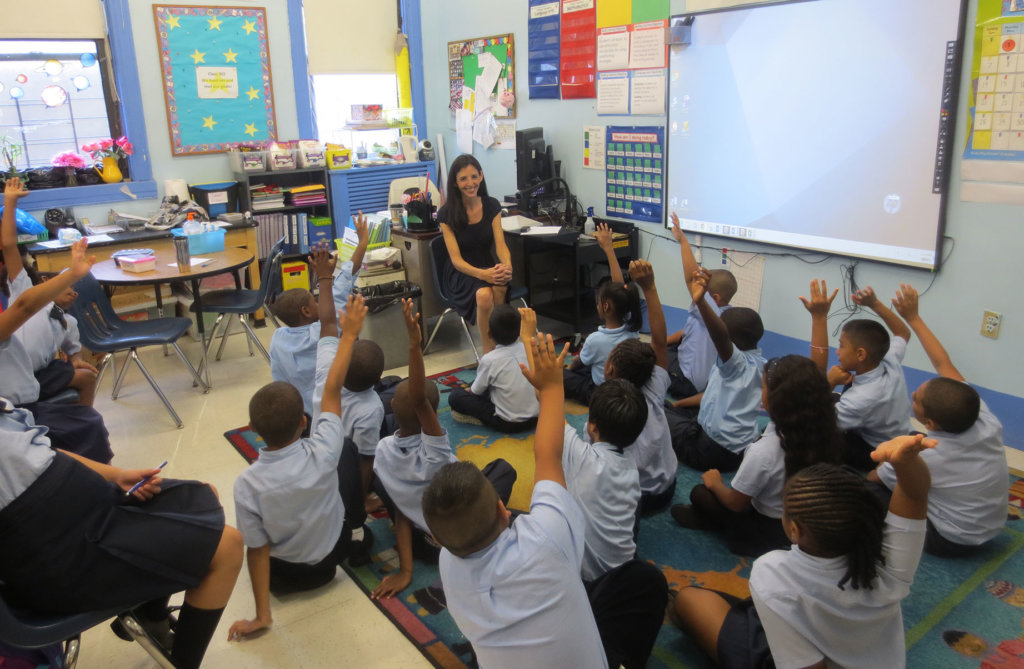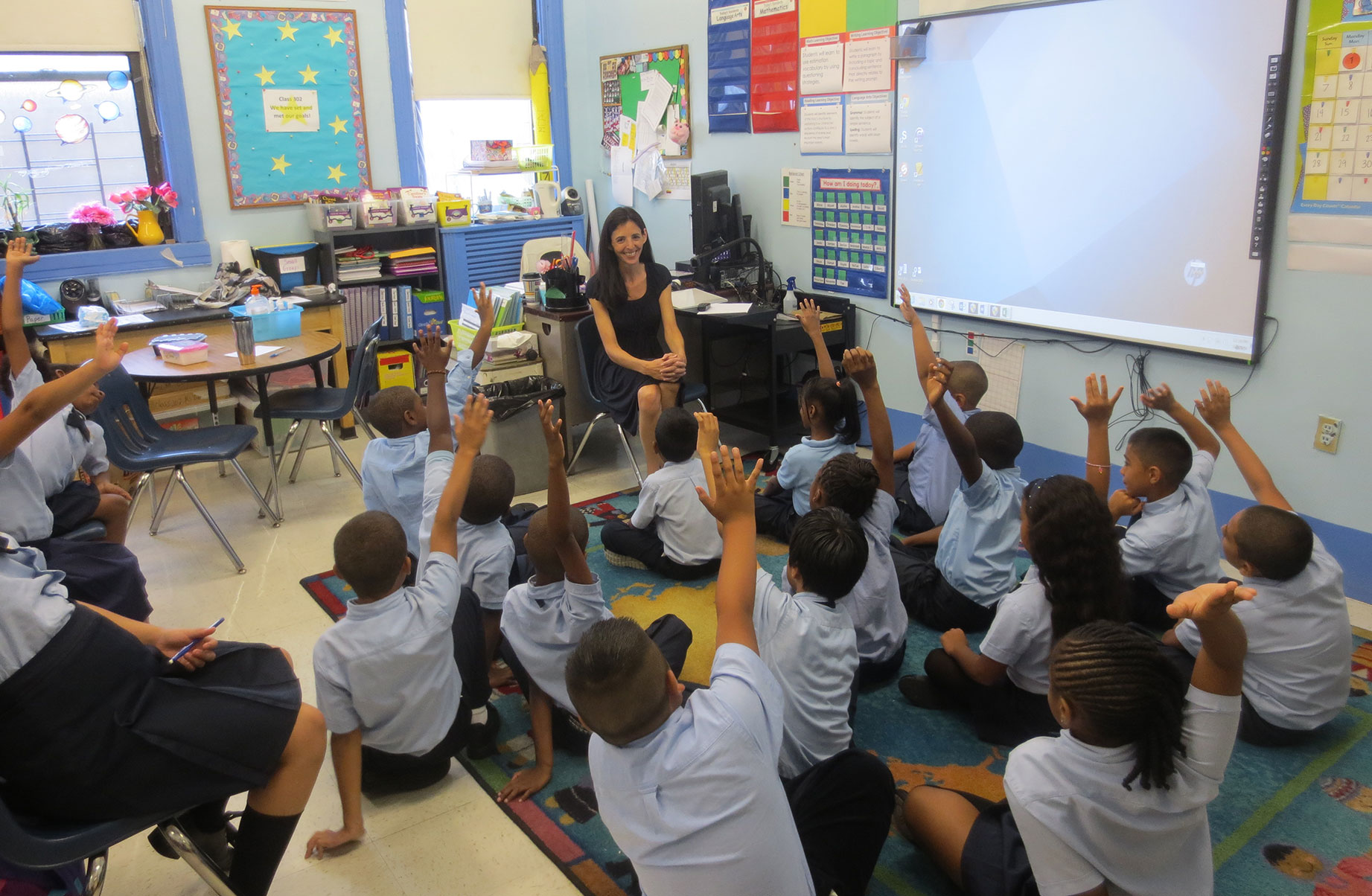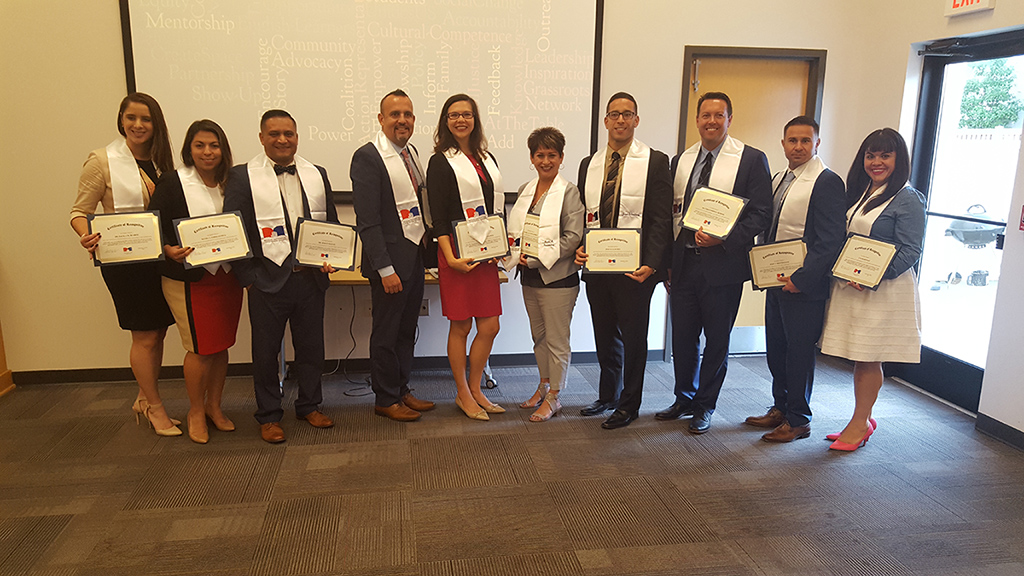Why Is Florida Not Tracking and Sharing Information on the Progress of 290,000 Students?
On April 20, 2018, the Florida Department of Education (FDOE) submitted its revised Florida Every Student Succeeds Act (ESSA) Plan to the U.S. Department of Education (USDOE).
Hispanic Unity of Florida is a member of a coalition of civil rights organizations that earlier this year during Florida’s Legislative Session, proposed legislation that would align Florida’s school accountability system with the Every Student Succeeds Act (ESSA), the largest federal law governing K-12 education. Florida’s current system neglects to factor into its school grades the test scores of many English learner (EL) and Latino students, and fails to use a native language assessment when appropriate for the 10% of Florida’s K-12 students who are learning English.

Effective implementation of ESSA at the state and district level is key to ensuring that educators and ELs have the data and tools they need to become English proficient and academically successful as swiftly as possible.
Under ESSA, in exchange for federal funds, states must track and report the performance of subgroups of students—racial and ethnic minorities, those from low-income families, ELs, and those with disabilities—when assessing school performance.
Florida’s revised ESSA plan, however, sidesteps the intent of the federal law by bundling together the lowest-performing students regardless of subgroup. That means schools that are not meeting the needs of every subgroup can still get a passing grade, and parents are not aware.
The revised Florida plan creates the new “Federal Percent of Points Earned Index” (FPPEI) of which subgroup performance and an English Language Proficiency Indicator will be components. The fact that Florida created the FPPEI is a good sign that the state recognizes its obligation to align the state’s system with federal law. The FPPEI, a new section of a Florida school’s report card, in effect creates a parallel accountability system. The calculation of a school’s grade still does not take into account subgroup performance and English language proficiency. This decision is problematic, confusing and unnecessary.
What’s more, while the federal government urges states, when appropriate, to test students in their native language to better assess what they know—Florida chose not to meet this requirement, despite being home to one of the nation’s largest EL population.

WHY ESSA MATTERS
A recent report by UnidosUS (formerly NCLR) study highlights that Florida educates the third-largest K–12 EL population in the nation. ELs make up 10% of Florida’s student population; nearly 290,000 students. The majority of ELs—75%—in the state speak Spanish. According to recent Florida state assessment results, double-digit gaps exist in graduation rates and academic achievement between ELs and their non–EL peers.
As a result of the aftermath of Hurricane Maria, it is estimated that Florida is now home to between 10,000 to 12,000 Puerto Rican students. While these students are American citizens, they also are predominately ELs.
For more information about ESSA and education issues impacting the Latino community, visit unidosus.org and UnidosUS’s education-focused website, Progress Report: Ensuring the Success of All Students.

WHAT CAN YOU DO?
- Have conversations about ESSA with parents, teachers, principals, superintendents, candidates and state elected officials. Bring up the “Advocate Questions” in the conversation.
- Engage parents and other stakeholders in your area by hosting an ESSA meeting at your school or a community-based organization.
- Follow and Vote: Follow what local and statewide candidates have to say about education. Vote for candidates in the Primary Election on August 28, 2018, and the General Election, November 6, 2018 who are committed to all K-12 students. As voters we can and must make education a top campaign issue this election cycle!
- Learn more: LULAC Florida will host an Organizational Roundtable and Community Forum on June 15, 2018 in Miami, at the Dadeland Marriott at 5:30 p.m.
By Josie Bacallao, President and CEO of Hispanic Unity of Florida, an UnidosUS Affiliate


